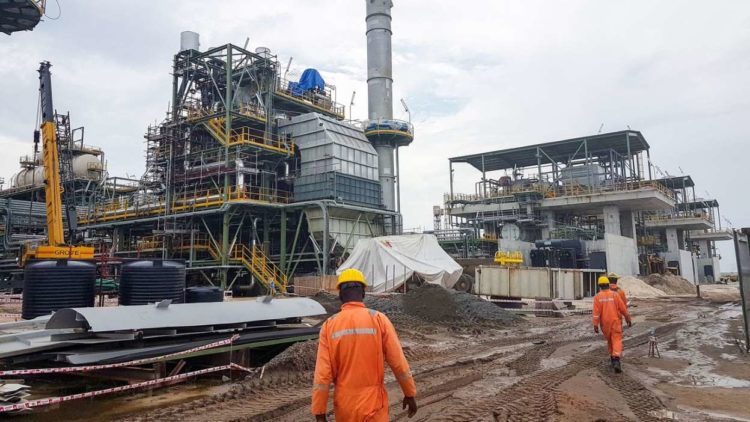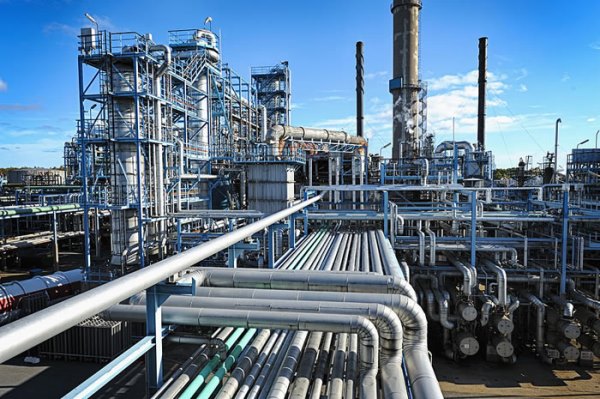
The Senate has voted to seek more clarifications on the status of refineries, including the new modular refineries.
It has therefore resolved to invite the Ministry of Petroleum Resources and Nigerian National Petroleum Corporation (NNPC) to throw more light on the refineries.
The decision followed a motion on Tuesday entitled “Existing Petroleum Subsidy: Ensuring Self -Sufficiency in Domestic Refining of Petroleum Products’’, by Sen. Rose Oko (PDP – Cross River).
The Senate, in a voice vote, urged the Senate Committee on Petroleum Resources (Downstream and Upstream) when constituted, to report back to the Senate in that regard.
Speaking on the motion at the plenary, Oko said that although Nigeria produced 1.7 million barrels of crude oil per day, refineries’ performance was insignificant.
According to her, Nigeria imports more than 90 per cent of its fuel, negating much of the benefits accruing to oil producing nations from high crude prices.
She said that in spite of resources expended on Turn Around Maintenance of the refineries, none of the them could perform optimally.
She said that data from the Department of Petroleum Resources website indicated that a total of 633,000 barrels per day refining capacity had already been lost due to the expiration of licenses of both conventional and modular refinery projects.
Oko also expressed concern that more than 160 million dollars was spent on subsidy in early 2017.
She said that the government introduced petroleum subsidy in the 1980s as a measure to strengthen local refining industry and improve product affordability and domestic consumption.
The senator added that successive administrations had, however, failed to make Nigeria self-sufficient in domestic production.
Oko said that there was no form of technical and financial aid for refinery license holders to ensure the refineries become operational.
No few than 42 senators supported the motion, including Sen. Barau Jibril, Sen. Thompson Sekibo, Sen, Ifeanyi Uba and Sen. Ali Ndume.
In his remark, President of the Senate, Dr Ahmad Lawan, said that the motion was aimed at ensuring that the 43 licensed modular refineries became operational.
He also observed that the Petroleum Industry Bill was also key to the optimal utilisation of the refineries and emergence of the modular refineries.












